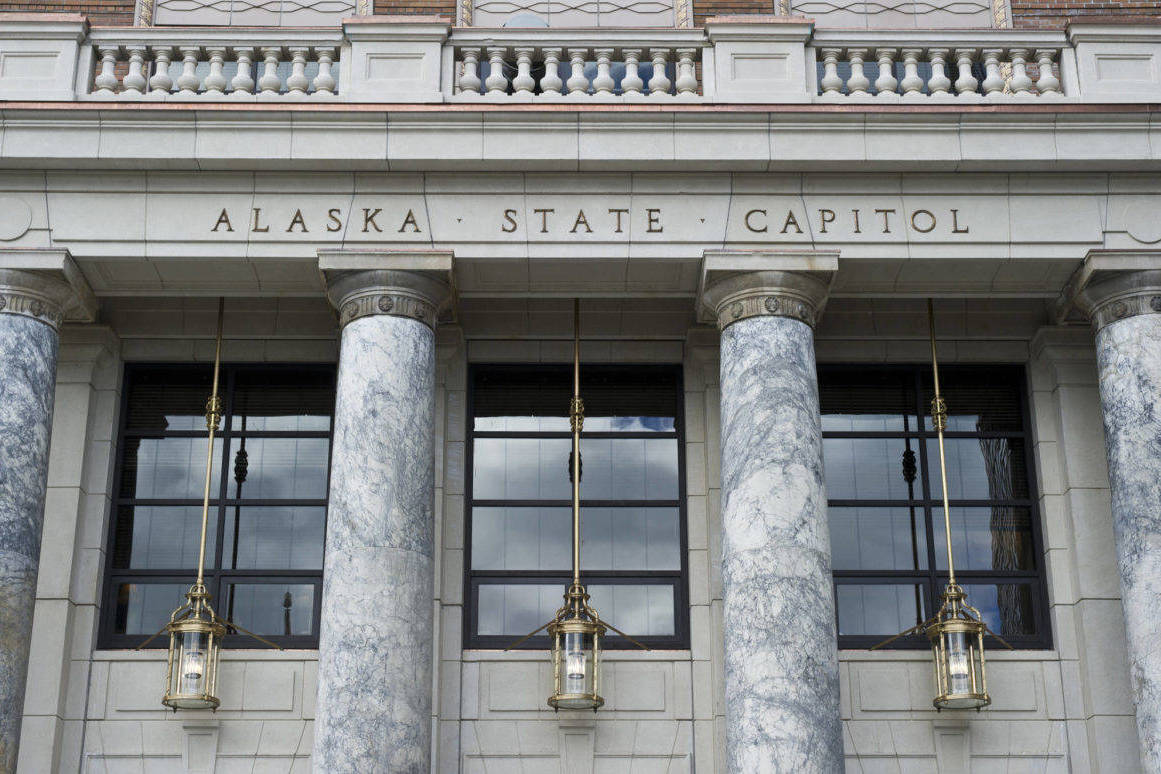11:38 p.m.
The meeting wraps up, with Stutes making a statement asking the administration to advocate stronger for transboundary protections. She says she’d like to draft a letter and send it on behalf of the committee.
— Alex McCarthy
11:25 a.m.
Rep. Geran Tarr asks Weitz why there’s been such a boost in new projects in British Columbia recently. Weitz says the completion of a major power line to the area a few years ago has opened the door for these projects.
— Alex McCarthy
11:23 a.m.
Rep. Sarah Vance points out something on an earlier slide that showed that 59 percent of a key area of the Unuk River watershed is taken up with mining leases. She says there are regulations about hatcheries where they can’t take up more than 1/3 of a bay, and she points out that maybe British Columbia could impose some kind of similar regulation of mining leases not taking up too much room in one area.
“Is that a crazy proposition?” Vance asks.
“I don’t think anything’s too crazy,” Rep. Louise Stutes, chairperson of the committee, says.
— Alex McCarthy
11:10 a.m.
Canadian economist Robyn Allan, who has testified to the Legislature on this issue previously, says the regulatory system in British Columbia is “dysfunctional” and “substandard.”
— Alex McCarthy
10:45 a.m.
Chris Sergeant, a research scientist from the University of Montana who is stationed in Alaska, is testifying now with some statistics about the status of the watershed in Southeast. He points out that 90 percent of households in Southeast use salmon in some capacity, underscoring the importance of monitoring the water in the region.
He outlines three suggestions for scientists and regulators can do better to help decision makers: better monitoring, improving data quality and transparency, and considering cumulative impacts of mines instead of just single projects.
— Alex McCarthy
10:15 a.m.
This meeting got started a little late, but Salmon Beyond Borders Executive Director Jill Weitz is getting it started with a little background. Weitz talks about 12 British Columbia mines that have been approved that could affect Alaska waters. She calls tailing dams (which are holding back toxic water from mines) “ticking time bombs.”
— Alex McCarthy
9:30 a.m.
We’re back at the Capitol today specifically to cover a meeting going on here in about half an hour. Transboundary experts will file into the Gruenberg Room at the Capitol to share their thoughts on the current state of Alaska’s transboundary mining relationship with British Columbia.
Materials for that meeting can be found here.
Another recent story of ours relating to this issue: Could Canadiam mine be cautionary tale for Southeast?
— Alex McCarthy

